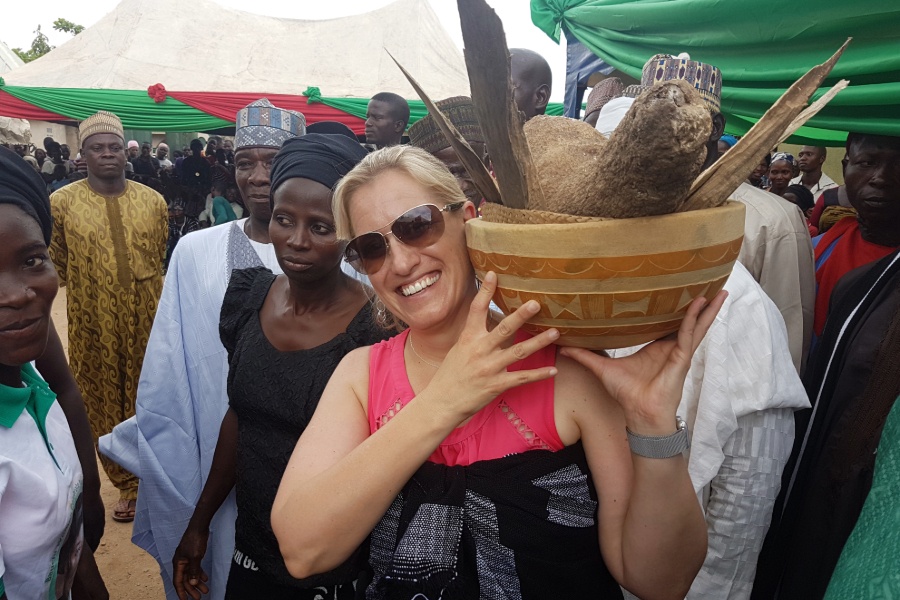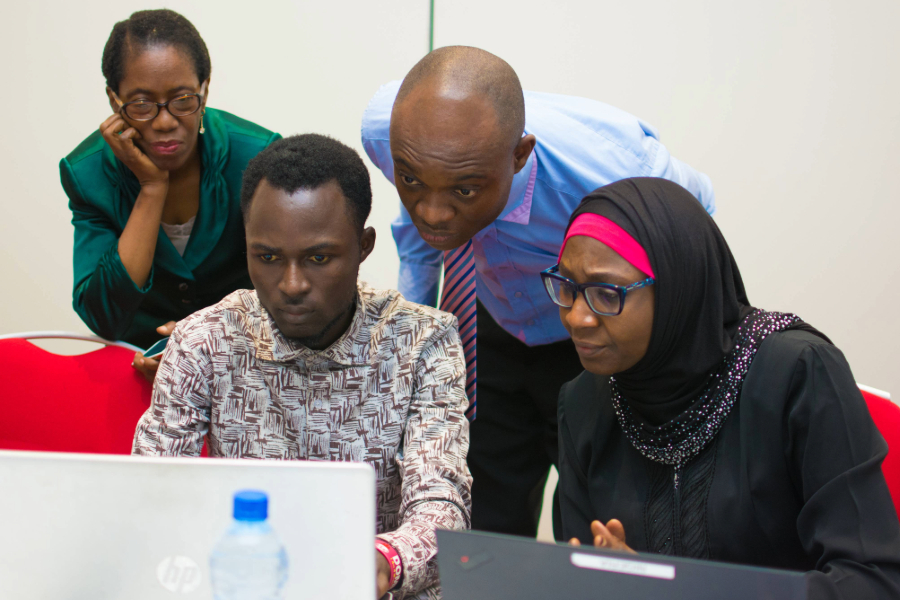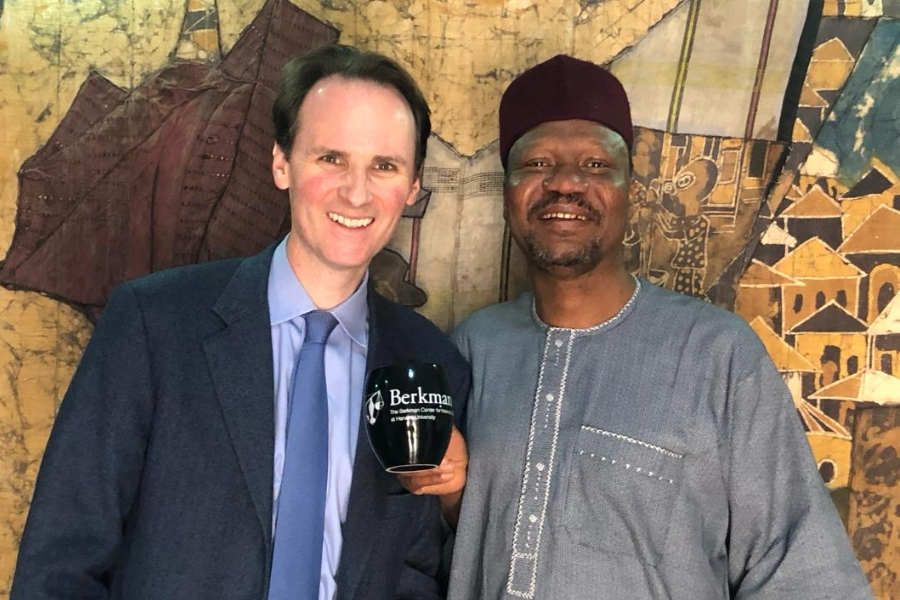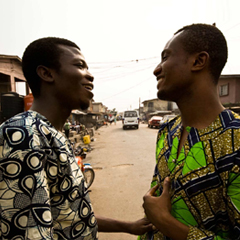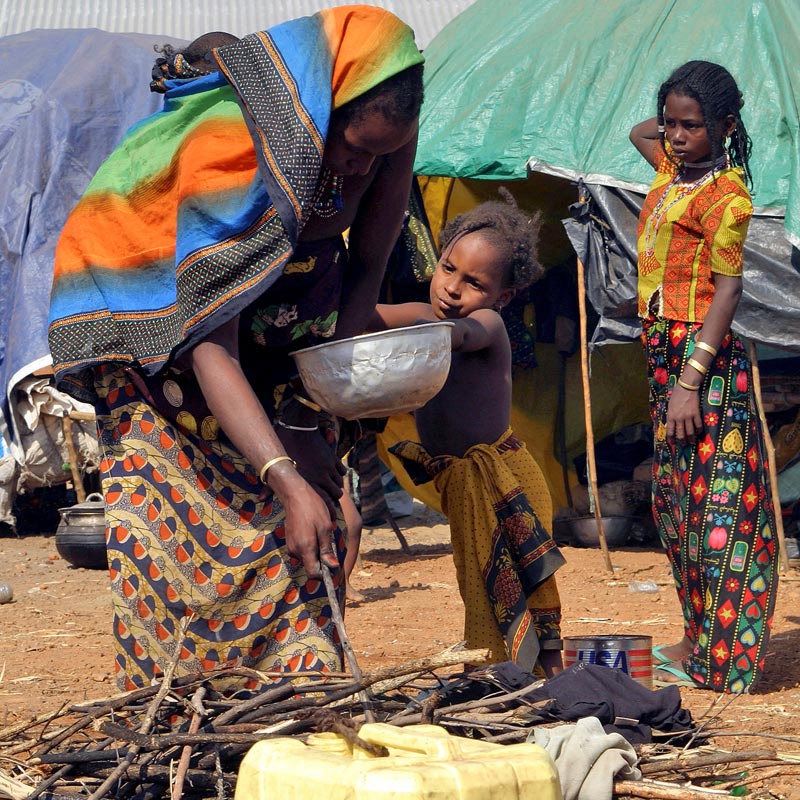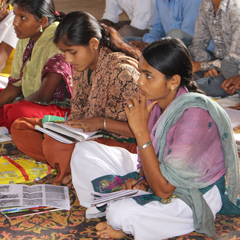Kole Shettima, Director, Nigeria Office, and Co-Director, On Nigeria, writes about MacArthur’s longstanding history in and commitments to Nigeria.
On a dusty day in January 1994, a group of scholars and activists gathered in Ibadan to mark the opening of MacArthur’s Nigeria Office for the Population and Reproductive Health (PRH) Program. Many undertakings, initiatives, and programs later, we are elated to celebrate the journey of three decades of work – an intricate tapestry of camaraderie, challenges, and passion, woven together in our sometimes confounding and complex, but also courageous and charming context that is Nigeria.
We are elated to celebrate the journey of three decades of work – an intricate tapestry of camaraderie, challenges, and passion.
In 1994, Nigeria was in the grip of a military dictatorship. An election held on June 12, 1993, was annulled. There was civil unrest to protest the annulment and militarism. This earned Nigeria the status of a pariah nation. Some development partners only operated from neighboring countries or from their headquarters in Europe and North America.
MacArthur established its office and stayed on the ground in Nigeria. And when the transition to civilian rule happened in 1999, we were still here. This year marks 25 years of Nigeria’s longest-running, unbroken period of civil rule since 1999. Nigerians have acknowledged the Foundation for being with the Nigerian people during difficult times.
MacArthur’s DNA in Nigeria originated with our PRH work. Our first grant portfolio under PRH supported individuals through the Fund for Leadership Development. This support enabled local leaders to make substantive contributions to the field of population and reproductive health by promoting innovative solutions and fostering new, inclusive leadership. The recipients of this fund are now national and global leaders in the field.
Our PRH investment and partnerships shifted the maternal and childcare landscape in Western Africa. Our grantees were instrumental in changing the story of maternal service delivery, sexuality education, and accountability, among other issues in reproductive health. We will always remember a proud moment on Voice of America Hausa Radio, when a senior leader at one of the large PRH partner public hospitals was asked how they were tackling eclampsia, and she replied, “Oh, that is a thing of the past in our hospital.” The PRH program saved lives.
We are equally proud of our investments centering gender equity and social inclusion (GESI) in Girls' Secondary Education, Human Rights and international justice, and our current anti-corruption and accountability program, On Nigeria. Increase in girls’ enrollment in schools, more inclusive classrooms across communities, and the amplified voices of girls, boys, and teachers are several of the gains we celebrate. Our support during the Human Rights Program laid the foundation for On Nigeria’s current work on strengthening the administration of the criminal justice system. We have learned that social change is incremental and takes time, and we stand to gain from long-term investments, especially those made in civil society.
We have learned that social change is incremental and takes time.
We also participated in higher education as part of a seven-member donor collaborative called the Partnership for Higher Education in Africa. Working with four universities and the higher education sector, we invested in advancing universities and centers of excellence, developing a new generation of academics and library resources, and creating a backbone of internet connectivity to undergird research, scholarship, and campus-community relations. We are proud of the program's 268 doctor of philosophy and 222 master's degree graduates across the four universities. Our higher education work influenced On Nigeria’s support for the training of journalists.
In 2015, we pivoted to the On Nigeria Big Bet, supporting Nigerian-led efforts to reduce corruption and enhance accountability. It was the sixth MacArthur program in Nigeria. On Nigeria has been a catalyst for hard but honest conversations and the co-creation of strategies between demand- and supply-side players to tackle the challenges of corruption and to uphold transparency, accountability, and participation. We continue to center the principles and approach of GESI.
From 2015 to January 2024, we invested over $150 million in the program through 317 grants to more than 200 grantees and subgrantees. After almost ten years of our Big Bet strategy, we are pleased to see more responsive government agencies and a stronger civil society leading collective action to test and enable laws and policies necessary to stay the course on accountability.
Our 30th year in Nigeria is a landmark moment and also a moment to pause and reflect because it coincides with the wind down of the On Nigeria strategy. The depth, breadth, and timing of MacArthur’s investment is a symbol of our commitment to Nigeria. We are not just grantmakers; we are also thought leaders and responsive collaborators. We helped civil society respond swiftly to shifts in the ecosystem; for example, with Equitable Recovery support under COVID-19. And we push philanthropy to trust and better support civil society, such as through our 29 percent indirect cost policy that strengthens grantee partner organizations, fills in critical funding gaps, and increases investments in nonprofit infrastructure and administrative functions. We continue to learn how to make philanthropy better.
We celebrate our grantees and collaborators over the years as they continue to deepen voice, accountability, and justice while acknowledging that more work remains to be done to protect anti-corruption gains, scale solutions, and co-create sustainable strategies across differences, truly leaving no one behind.
We salute all our friends and service providers who have built this vision with us and thank all who were once part of the Nigeria Office: our pioneer Country Director Bolanle Awe, Ezra Oderinde, Ademola Adewuyi, Akpan Bassey, Anita Oladokun, Ilori Olatunji, Anna Egoh, Okey Ibeanu, Wale Ogunleye, Ereopuye Amachree, David Amba, Godwin Odo, Zainab Dutse, and Deputy Director Oladayo Olaide.
We salute all our friends and service providers who have built this vision with us.
In solidarity and with gratitude, from “living ancestor” (longest serving) to “baby” (most recently employed) team member:
Waheed Adeniran
Kole Shettima
Rahab Uzoije
Esther Ifesanmi
Susan Paul-Ebu
Amina Usman
Hauwa Kazeem
Abbas Bashir
Amina Salihu



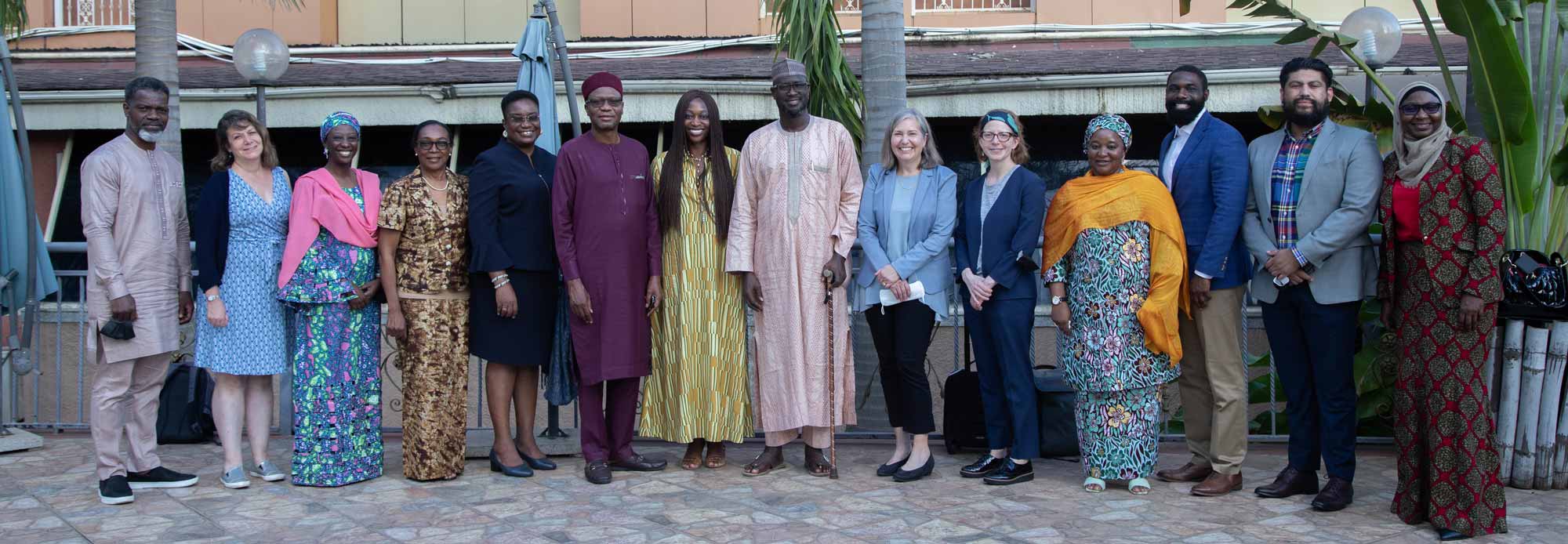

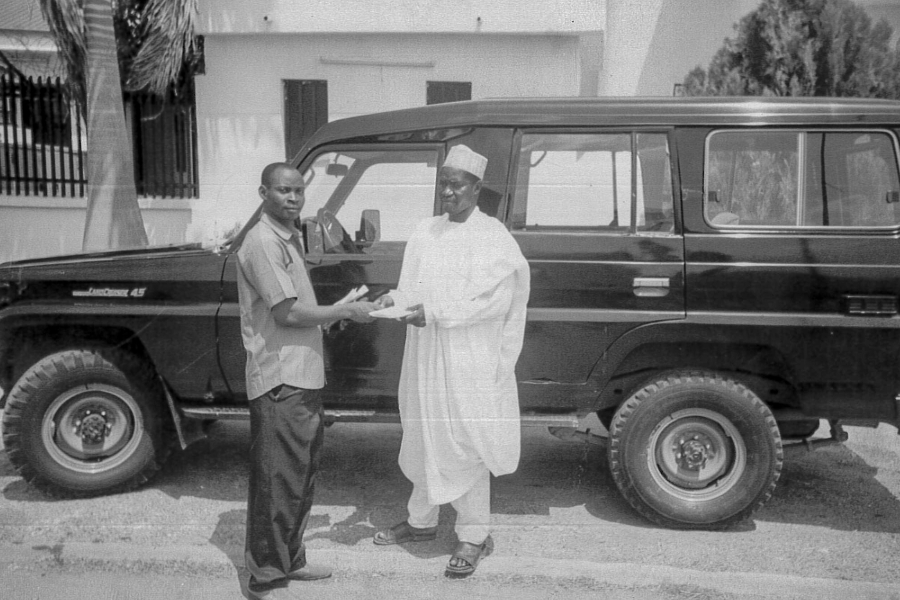
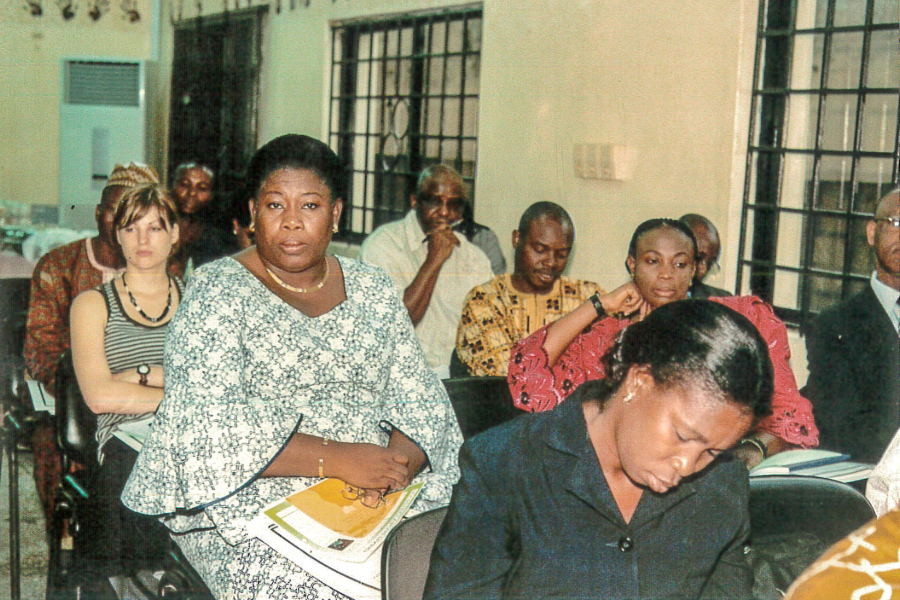
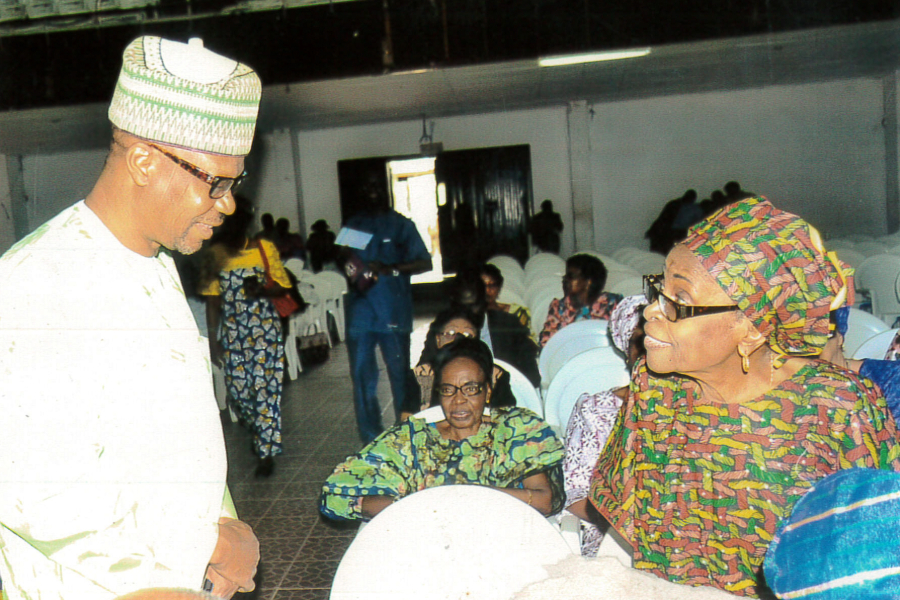
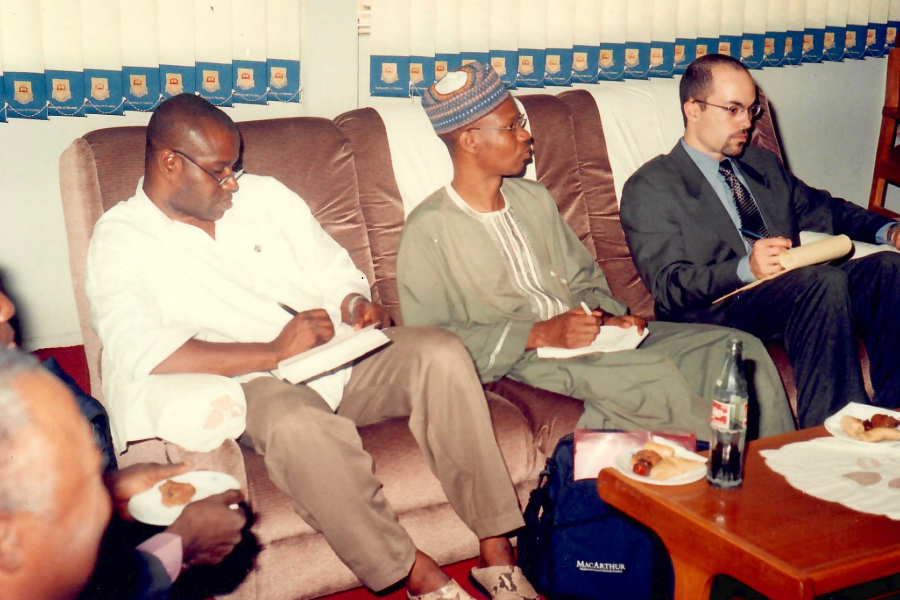
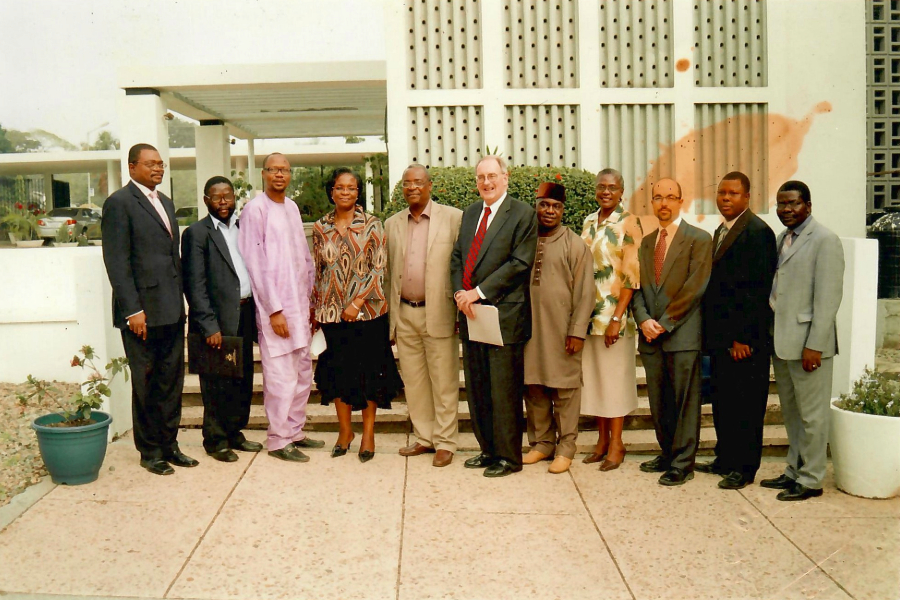
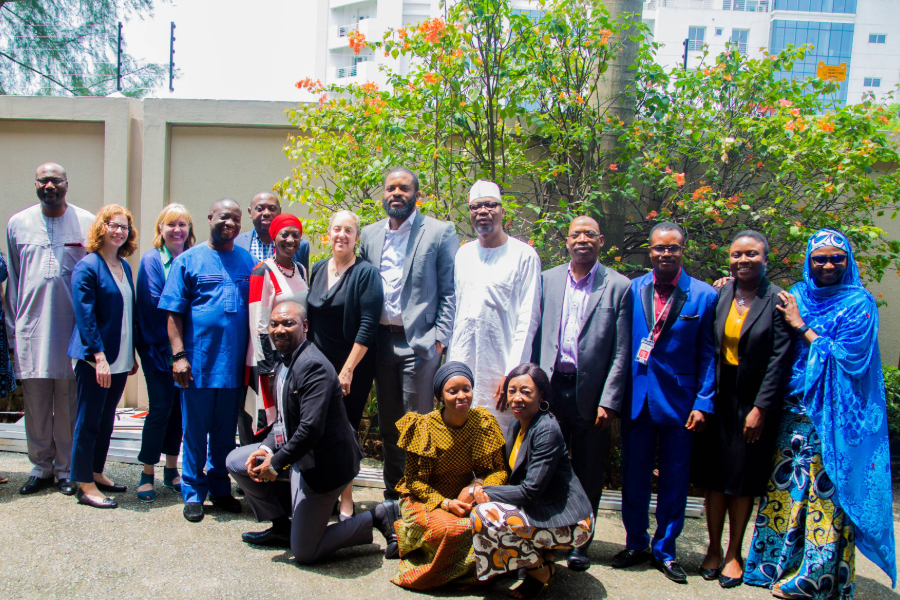
.jpeg)
